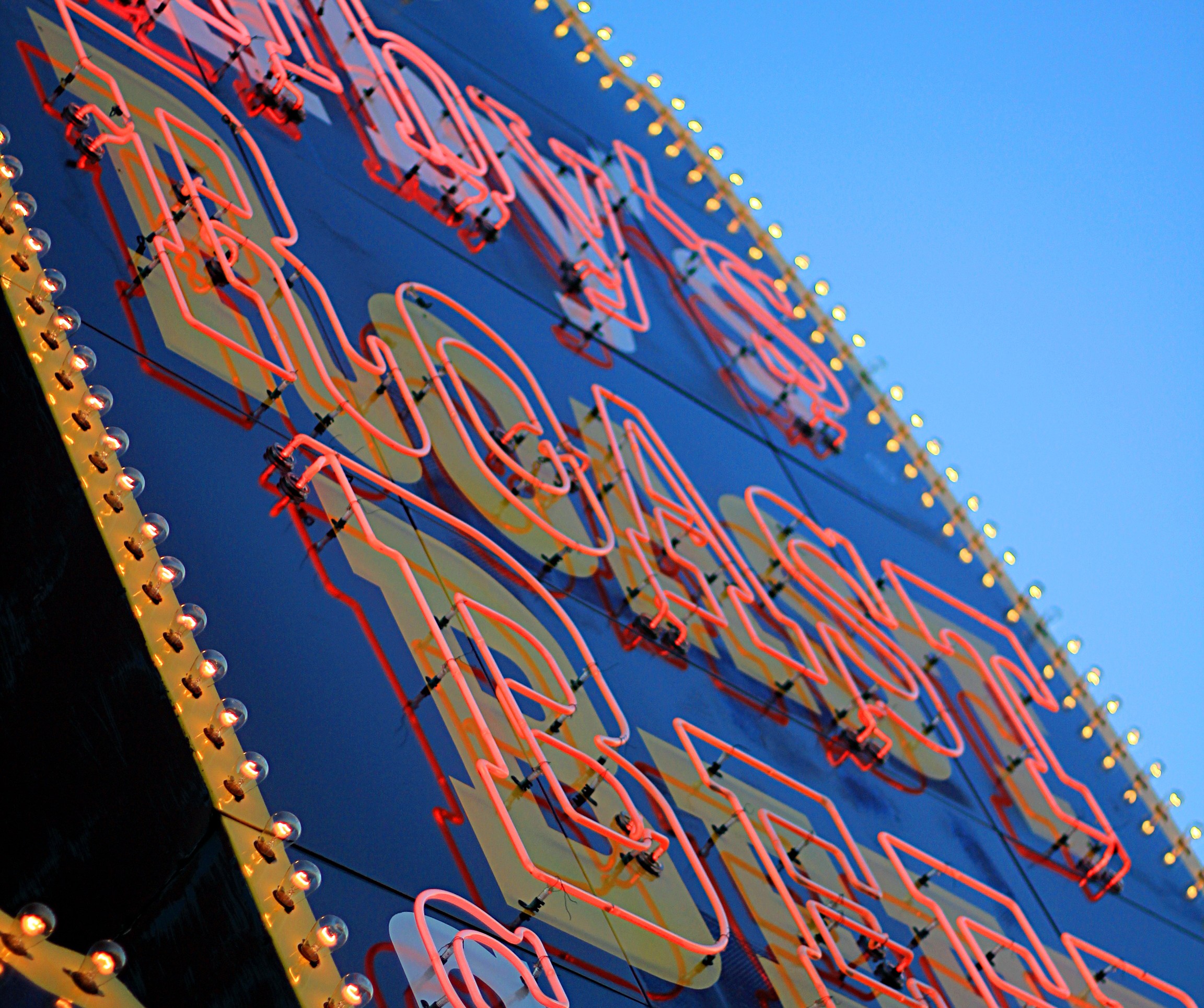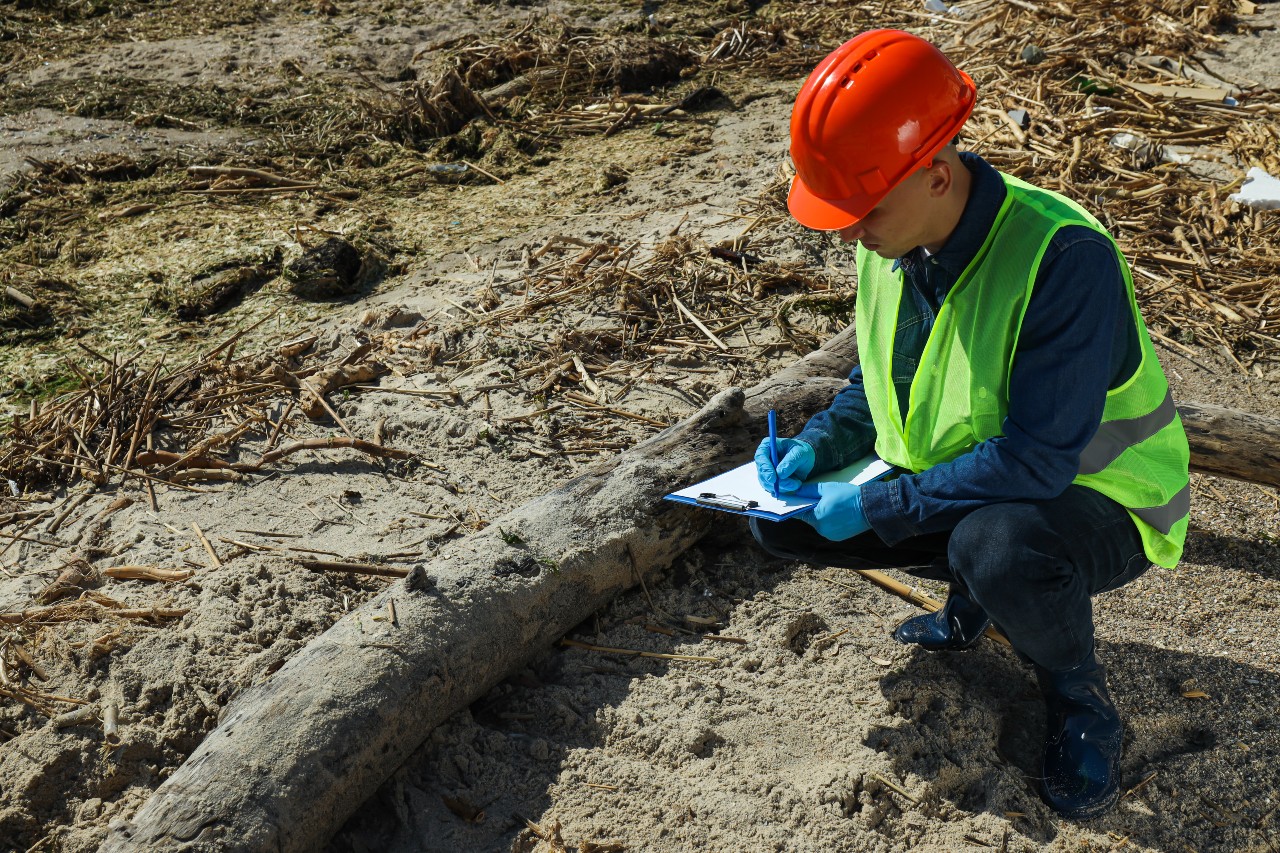Marc Rowan, co-founder of Apollo Asset Management, set the commercial property investment community on edge this week with an ominous prediction. As Bloomberg reported, he speculated that a potential second wave of the banking crisis could disrupt the commercial real estate industry. He even hypothesized a commercial real estate crash. We sat down with our own Arthur Chalekian, who also runs his own financial advisory firm Elite Financial Partners to get some perspective on this prediction. As he explains, the situation isn’t quite so cut-and-dry.
Commercial Property Investment Worries as Lenders Tighten Up
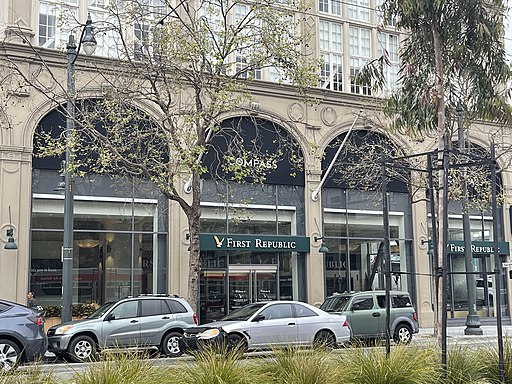
“I think part one of the banking crisis is over,” Rowan admitted to Bloomberg. “…I think we’re going to have a second wave in commercial real estate.”
It’s not a far-fetched idea. Smaller and medium-sized lenders, often working within a specific region, account for approximately 80% of commercial real estate loans. If these lenders begin to tighten up their loan approvals, the ramifications for commercial property investment are obvious.
But Rowan’s prediction is also on the broad side. His brief statement encapsulates a sprawling industry. And within that industry are a multitude of diverse real estate asset classes.
You Bet Your Asset Classes
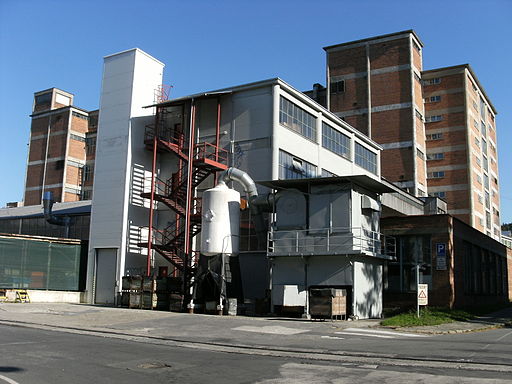
“I don’t see the ripples of this banking crisis hitting all asset classes equally,” muses Chalekian. “The sky isn’t falling all around us. I’d be surprised to see it causing significant disruption to multi-family or industrial asset classes.”
But, as he continues to explain, some investments won’t fare quite as well as others. Morgan Stanley is predicting a 40% drop in commercial property investment prices, measuring from their pinnacle.
“Is there a 40% crisis in the works?,” he wonders. “Maybe for the office sector. But a blanket, uniform hit to all of commercial real estate seems unlikely to me.” It’s a nuanced elaboration on Rowan’s blunt statement, but nuance is often at the crux of savvy commercial property investment.
A Huge Amount of Debt Reconsideration in 2025
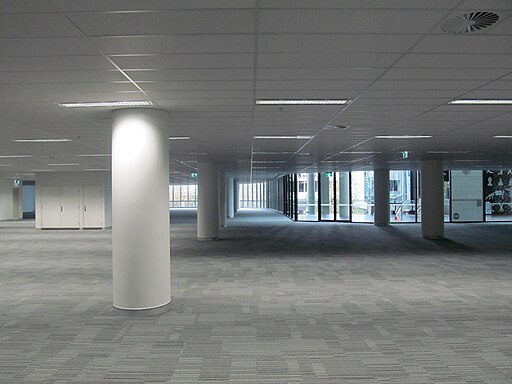
The doomcasting is further elaborated by an inconvenient truth. In 2025, approximately $1.5 trillion in commercial mortgage debt is set to mature. Rowan indicates that this, combined with the banking crisis, is supportive of a full commercial real estate crash. But Chalekian doesn’t see such a clearly cut path to crisis.
“Yes, there’s a large amount of debt that comes due in 2025 and, as a result, the market could tighten,” he admits. “In that case, investors will have their choice of two options. One: they let go of their commercial property investment, creating more distressed inventory. Two: they negotiate with the bank to work out better terms. So, there are options. It’s not like all investors are hitting some wide-spanning concrete barricade.”
Asking the Right Questions About Your Commercial Property Investment
Many investors will find it challenging to simply watch and wait to see whether their commercial property investment is affected. But Chalekian stresses this isn’t a time to panic. It is, however, a time to strategize.
“Investors will find it more productive to explore a variety of factors to determine how well equipped their investment property is to weather any possible ripples from the banking crisis,” he suggests. “For example, does your property have a tenancy that makes sense? Is it occupied by the types of businesses that can afford a necessary rent increase?”

He offers another example of considerations that could influence an investment’s strength amidst economic turbulence. “Look at the locations of your investment properties,” he recommends. “Is there a potential for properties to take a hit in markets with lower demand and higher inventory? Of course. But in highly populated, dense metropolitan areas, you’re always going to find demand.”
There’s No Guarantee on the Future
While Chalekian’s advice is sage, it also supposes this second wave of the banking crisis will significantly impact commercial property investment. And while it’s possible, it’s a big leap from a guarantee.
“The general consensus supports that we’re heading into an economic recession,” Chalekian emphasizes. “I believe the federal government is behind the curve where this is concerned and will likely need to lower interest rates as a result. If the federal government needs to taper rates over the next few quarters, it will line up with the projected mass debt refinancing in 2025. And then we’ll be having an entirely different discussion.”


